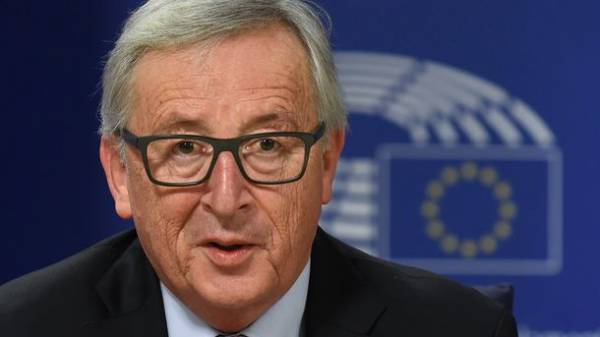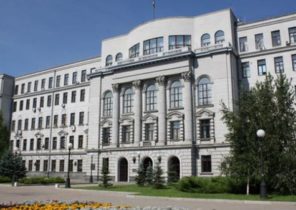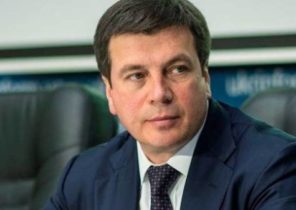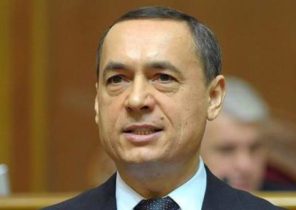
European Commission President Jean-Claude Juncker presented 5 scenarios of development of the European Union after the withdrawal of the UK. Wednesday, March 1, he presented to the European Parliament the so-called “White paper” – a document outlining the main policy directions of the EU. “Brexit, no matter how painful and annoying it was, can’t stop the European Union in its movement to the future,” – said Juncker. “As we move forward, we must continue the movement,” he added.
About it reports Deutsche Welle.
The first scenario involves the “continuation of the previous course” – the remaining 27 countries of the Union will, as before, to concentrate on the reforms, the issue of jobs, economic growth and investment. At the same time, the experience of migration crisis shows, warns Juncker that “in the case of serious differences, the unity can be re-disturbed”.
The second scenario assumes that the main efforts of the EU will make towards the development of a common internal market while stopping the integration of political processes. At the same time “resources for collaborative Commerce limited,” warns the head of the European Commission, which will lead to “growth gap between expectations and results at all levels.”
The third scenario provides for a “Europe of different speeds”, operating on the principle of “who wants more, who makes more.” Integration processes will develop in a group of countries within the EU, and countries who do not wish to participate, will be left to themselves. The EU may become even more opaque and complex structure, warns Juncker.
The fourth scenario involves the focus of the EU on several fronts on the principle of “less but better”. Technological innovation, security, migration, border protection and defence will remain a primary focus, while the support regions, labour market, healthcare and social policy will return to the competence of the States. The Commission believes that in this way in a number of areas can be achieved significant progress.
And finally, the fifth scenario comes from the assumption that EU countries “share authority, resources and responsibility for decisions”, that is, will increase the joint activity. The main direction – strengthening the Eurozone under the slogan “what’s good for the Eurozone countries is good for everyone.” Accordingly, will expand the jurisdiction and powers of the European Union. “It’ll ruin the mood of that part of society that questioned the legitimacy of the EU and believes that it takes away from national governments too much power,” warns Juncker.
We will remind, in the UK, 23 June 2016 held a referendum on the country’s withdrawal from the European Union. The British decided to remain the United Kingdom in the EU or not. For an exit from the European Union voted 51.9% of participants of a referendum for continued membership is 48.1%. Supporters of a British exit from the EU won by a margin of more than 1 million votes.






